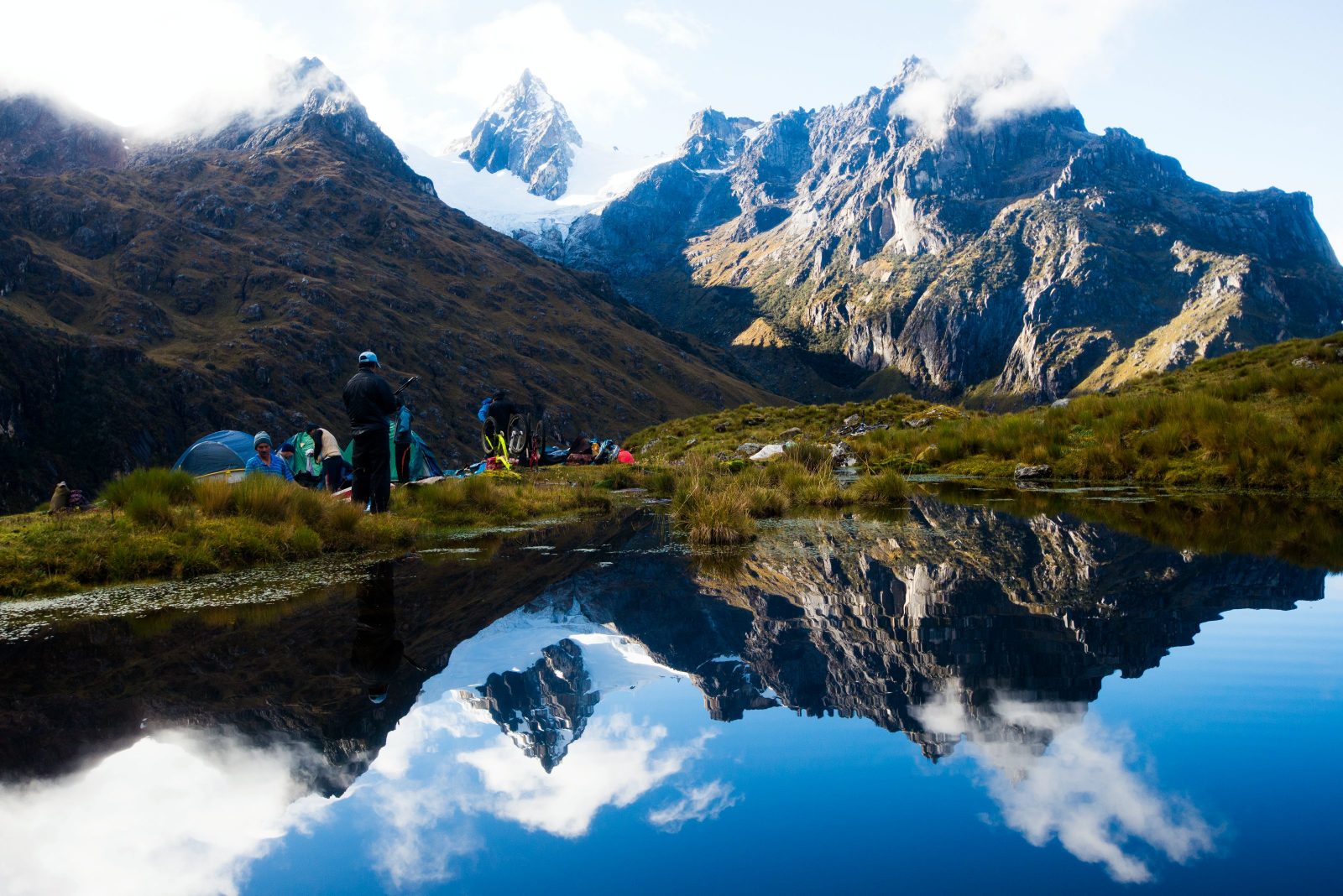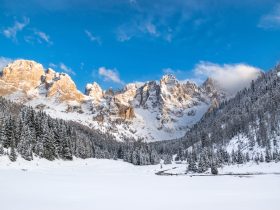Not always easy to know where it is possible to settle down quietly with its van or its motor home to bivouac on the roads of France. We make the point on the legalization and the places to privilege.
Yes, some countries allow wilderness camping in Europe, but first of all, you should know that you may have to go to the north of the old continent to enjoy total freedom in this area, like Norway, Sweden or Finland. In many European countries, wild camping is simply forbidden, especially in the Mediterranean countries. But what about France?
First of all, it is necessary to distinguish between wild camping and bivouac. The first one consists in traveling with a motorized vehicle (car, camper, van...), to put its tent next to its vehicle and to sleep there. The bivouac does not involve a vehicle and simply consists in sleeping under the stars as hikers or mountain bikers can do. In France, it is necessary to go and see in the Decree No. 2015-1783 of December 28, 2015 to find the regulations concerning wilderness camping.
It states that "camping is freely practised, outside the right-of-way of public roads and thoroughfares, with the agreement of the person who has the use of the land, subject, where applicable, to the owner's opposition". This refers mainly to family camping areas, whereas the law also specifies that "camping practised in isolation, as well as the creation of camping sites, are prohibited, except by way of derogation, on the shores of the sea and in registered sites, in classified sites, on roads, paths or public highways, in safeguarded sectors, in architectural heritage protection zones and within a radius of 200 metres around water points tapped for consumption.
In short, it is not easy to find a place that respects all these provisions. However, the easiest way is to find out about the area where you plan to camp. National and regional parks often have their own regulations and when some of them forbid their access at night (like the Esterel massif which closes between 9pm and 6am), others are more permissive like the Armorique regional natural park.
In some parks, wilderness camping and bivouacking is allowed at a distance of more than 200 m from woods, forests and moors. Time limits must also be respected (many parks require that the tent be set up between 8pm and 8am maximum). Finally, the size of the tent may also be subject to regulation in a park. In this case, it is better to opt for a small tent whose size does not allow standing. Last but not least, do not hesitate to approach the nearest town hall to check if a place is recommended for wild camping. Village churches also sometimes have a field that they can leave to campers for a night or two.











